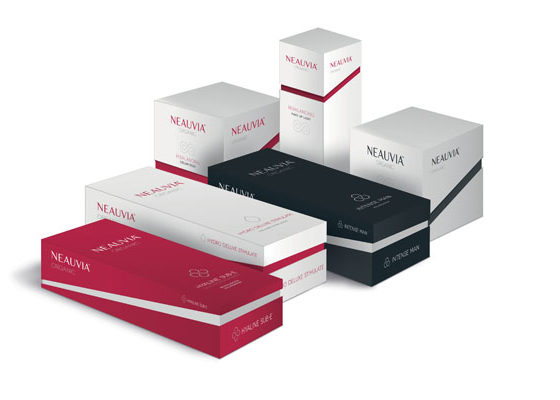by dr David Moreau
As we age, memorizing new information becomes more and more difficult. Remembering a name, a location, or a specific event might sometimes be challenging. Although this phenomenon is completely natural, it can quickly become bothersome. Fortunately, simple and effective steps can be taken to counteract its most detrimental effects. David Moreau, research scientist at Princeton University, offers here a few tips to help prevent memory problems, and to allow us to enjoy fully our intellectual capabilities, as long as possible.
1/ Don’t panic!
First, let’s remind ourselves that a slight decrease of our cognitive abilities is natural as we age. This is an important point, because it allows putting most daily memory failures into perspective and thus alleviates unnecessary increases in stress levels, which have negative and long-lasting consequences on memory. Most memory problems do not reflect underlying cognitive or neurophysiological dysfunctions, as the brain is part of a living organism, with the variations it implies. However, if these fluctuations begin to be problematic and more permanent, simple measures can provide some relief on a daily basis.
2/ Memory or attention?
Many so-called memory problems are in fact due to temporary attention deficits when new information is presented. The good news is that these are easy-fixes: all that is needed is to pay more attention when facing new elements to memorize. More specifically, this can be achieved through three successive steps – identifying that the situation requires full attention, dedicating corresponding mental resources while ignoring potential distractions, and finally binding new information with pre-existing knowledge. This last point is critical: it is the technique used by memory champions. Let’s take the example of a name to memorize. The idea is to associate this new information with another one already memorized, such as the image of a celebrity of the same name. Similarly, a phone number will be quickly forgotten unless its series of digits is associated to other numbers, such as well-known historical dates for instance. Once elements of information are linked with one another, our minds have multiple and durable ways to access them, resulting in better recall.
3/ Exercise
This might sound surprising, but one of the best ways to keep your brain sharp is to exercise regularly. Until recently, researchers thought that the adult brain couldn’t grow new neurons, leading to irremediable decline. Despite this natural process, we now know that exercising is the most effective way to favor the genesis of new neurons, along with more general health benefits. This process, called “neuroplasticity”, relates to the capacity of the brain to change and evolve throughout life, thus allowing us to adapt to environmental demands. Walking, jogging, or dancing: regardless of the activity, the key-point is to be active!
4/ Understand your sleep cycles
Sleep has an extremely important role in the process of acquiring new knowledge. In early stages, the body favors deep sleep, allowing general physical recovery. Later during the night, stages of Rapid Eye Movement (REM) sleep, during which most dreaming occurs, become more and more prevalent. Because REM sleep is critical in memory consolidation, a short night of sleep, particularly detrimental to REM stages, often results in a decrease in the ability to retain new content.
5/ What about dietary supplements?
Contrary to what pharmaceutical industries would like us to believe, complementing natural dietary intakes with vitamins, minerals, or herbal extracts such as ginko biloba does not seem to have an effect on memory. To date, only vitamin E supplements have induced cognitive improvements in people with early stage dementia, such as Alzheimer disease for example. However, do not rush to this type of supplements too quickly: large doses of vitamin E have been associated with greater risks for cardiovascular diseases and certain forms of cancer. As it is often the case, all is about finding the right balance – a balanced diet will usually bring the essential nutrients the brain needs to function in an optimal way. Ideally, dietary supplements should be restricted to cases where deficiencies have been identified, for short periods of time.
These few tips are easy to apply on a daily basis, and will allow you to enjoy your cognitive capabilities fully, for as long as possible. The brain is an extremely malleable organ, and therefore respond remarkably well to novelty and change. So don’t waste any more time, and use the plasticity of your brain to your advantage!










